7 Resilience and Adaptability Skills You Need to Thrive in the Modern Workplace
Remember when having specialized knowledge was enough to secure your career? Today, digitalization, global crises, and shifting workplace dynamics have changed the game. The truth is clear: how you respond to change now matters more than technical skills alone.
Success today requires bouncing back from setbacks, pivoting when needed, and sometimes completely reinventing yourself entirely. Here are seven essential resilience skills that will help you not just survive, but thrive, in today’s unpredictable workplace:
1. Cognitive Flexibility
The ability to shift thinking and adapt to unexpected situations is invaluable in fast-changing environments. Those with cognitive flexibility can pivot strategies, embrace diverse perspectives, and find creative solutions when standard approaches fall short. This skill helps you stay effective while navigating ambiguity and complexity.
2. Emotional Intelligence Under Pressure
When stakes are high and tensions rise, managing your emotions and responding empathetically is key. Professionals who stay composed in crises make clearer decisions, communicate better, and maintain team cohesion. Emotional resilience helps prevent stress from clouding judgment when it counts most.
3. Continuous Learning Agility
As skills become outdated faster than ever, the ability to learn quickly is a clear advantage. Learning agility means staying curious, seeking feedback, and stepping outside your comfort zone to develop new competencies.
4. Strategic Foresight
Resilient professionals do not just react to change – they anticipate it. The ability to spot emerging trends, imagine future scenarios, and prepare in advance allows you to turn disruption into opportunity. A forward-thinking mindset is a key driver of innovation and growth.
5. Network Cultivation
A strong professional network is vital during times of uncertainty. Building and maintaining diverse relationships across industries gives you access to fresh perspectives, new opportunities, and critical resources. These connections often become the bridge to your next step.
6. Recovery Rituals
Sustainable resilience means knowing how to recharge after challenges. Whether through mindfulness, movement, or creative outlets, effective recovery habits help you bounce back faster and maintain long-term performance.
7. Purpose-Driven Perspective
Professionals anchored in purpose show greater resilience and clarity during difficult times. Connecting your work to something meaningful keeps you motivated, helps you navigate tough decisions, and aligns actions with long-term goals and values.
At the Asian Institute of Management (AIM), we recognize that these adaptive skills are essential for effective leadership in today’s volatile world. Our programs – including the Executive Master in Disaster Risk and Crisis Management and the Master in Innovation and Business—are designed to strengthen these critical skills through experiential learning, immersive challenges, and mentorship from seasoned leaders who have navigated complex transformations.
Join the community of resilient leaders who are not just surviving but thriving through change. Explore our transformative programs and learn how to build adaptability skills that define success in the workplace.


